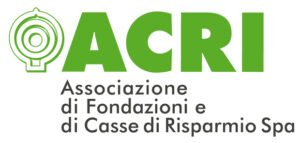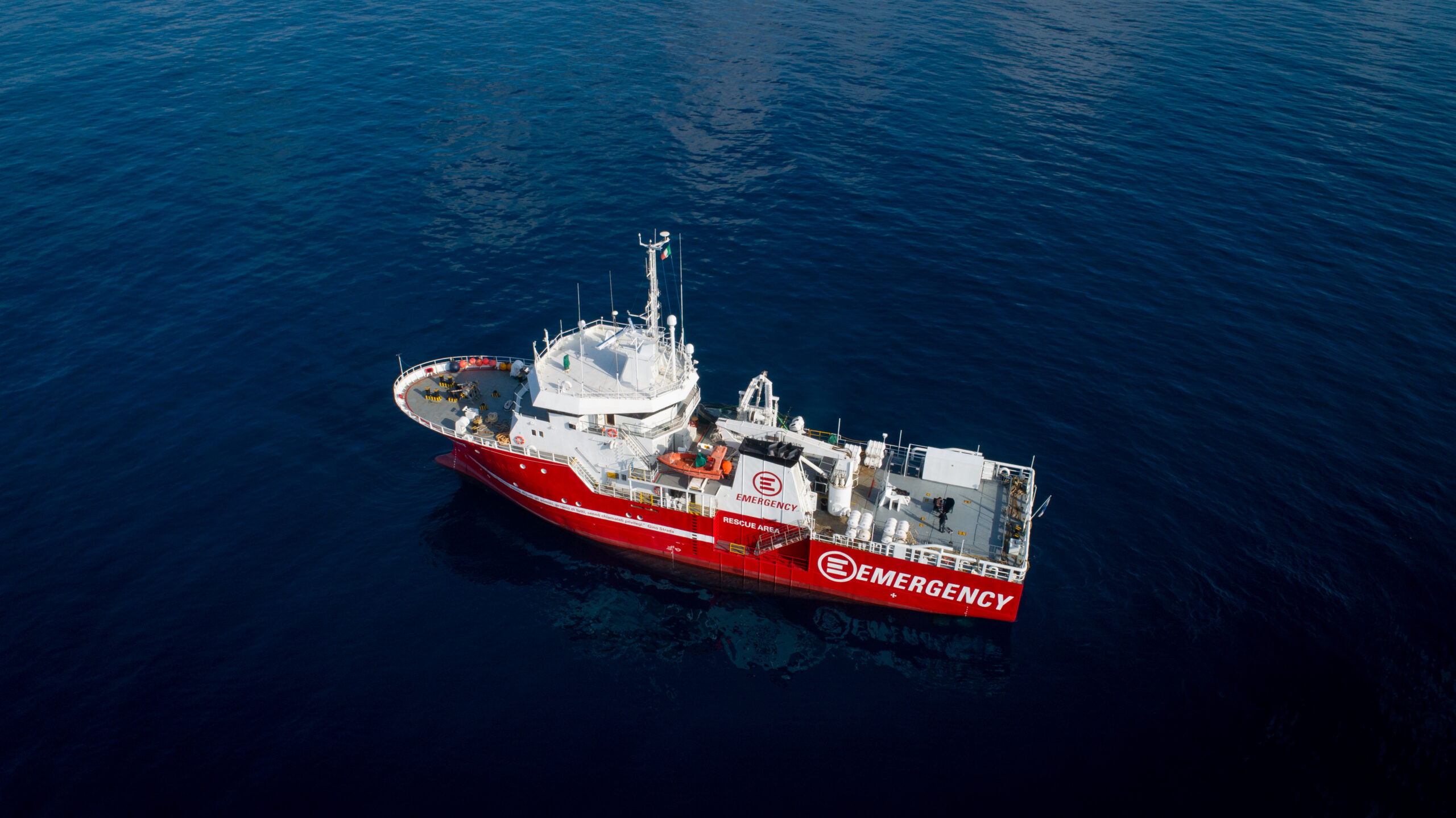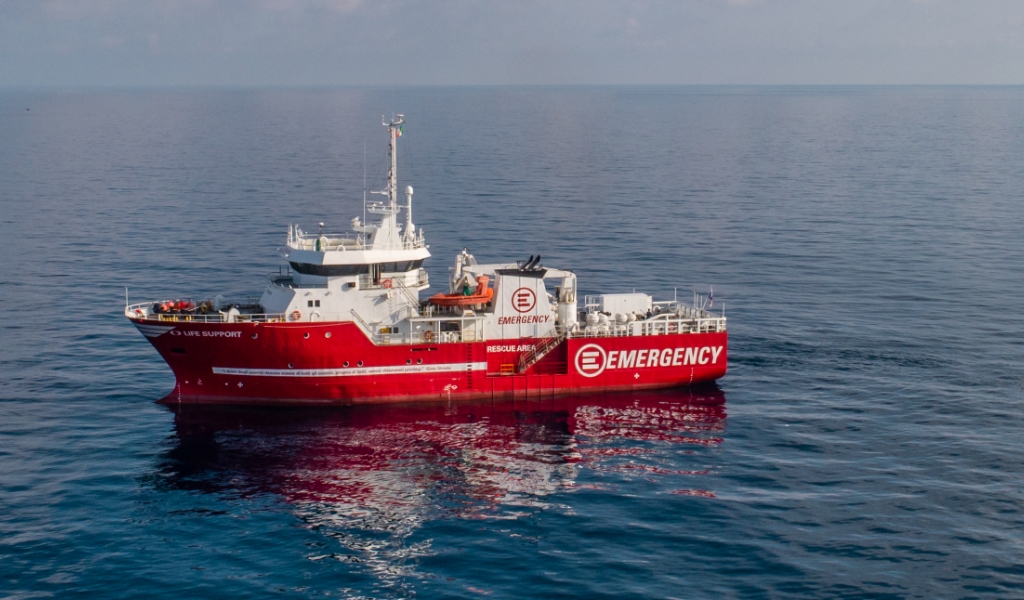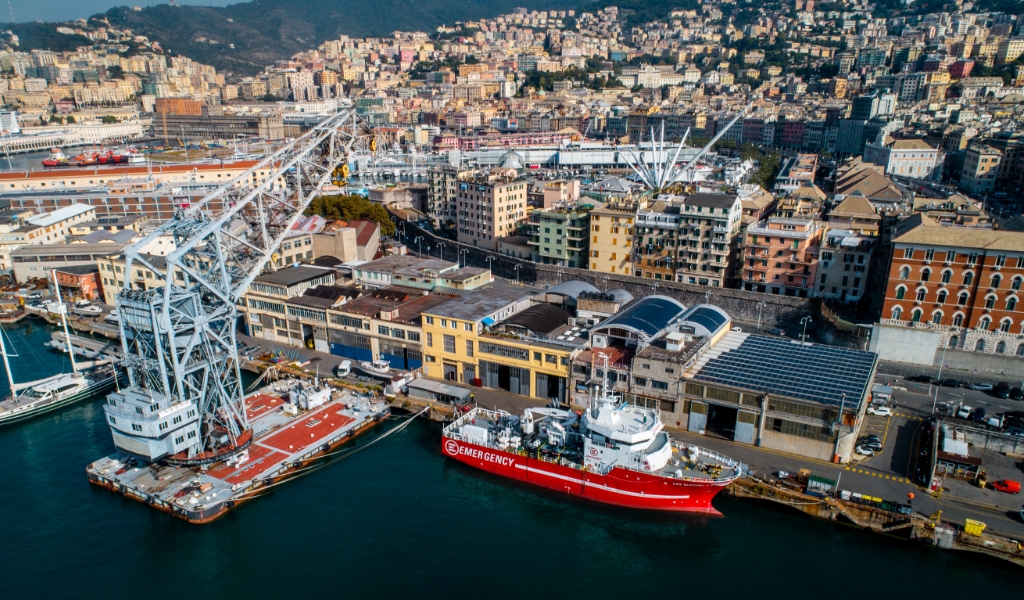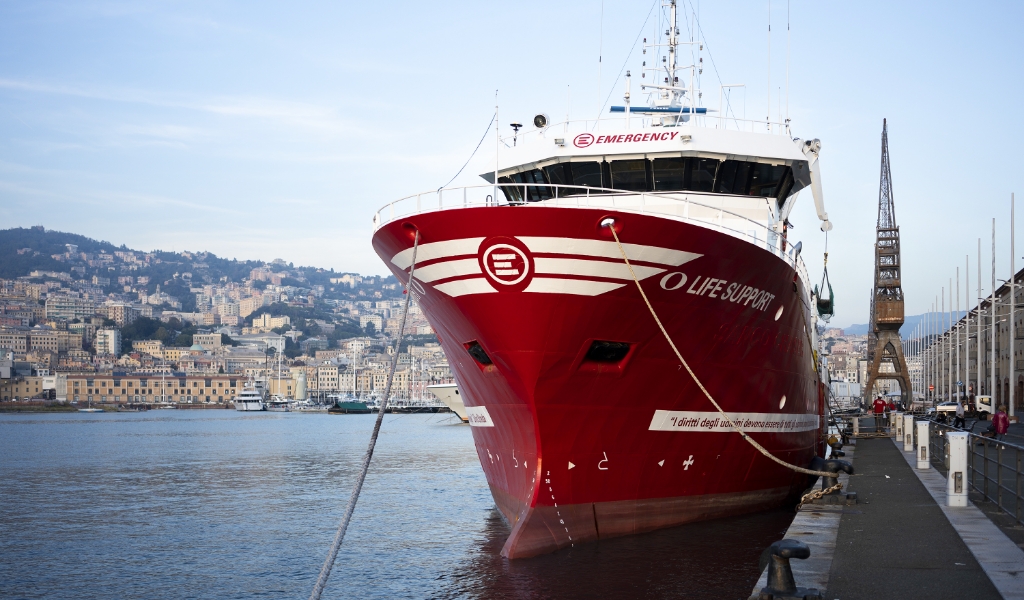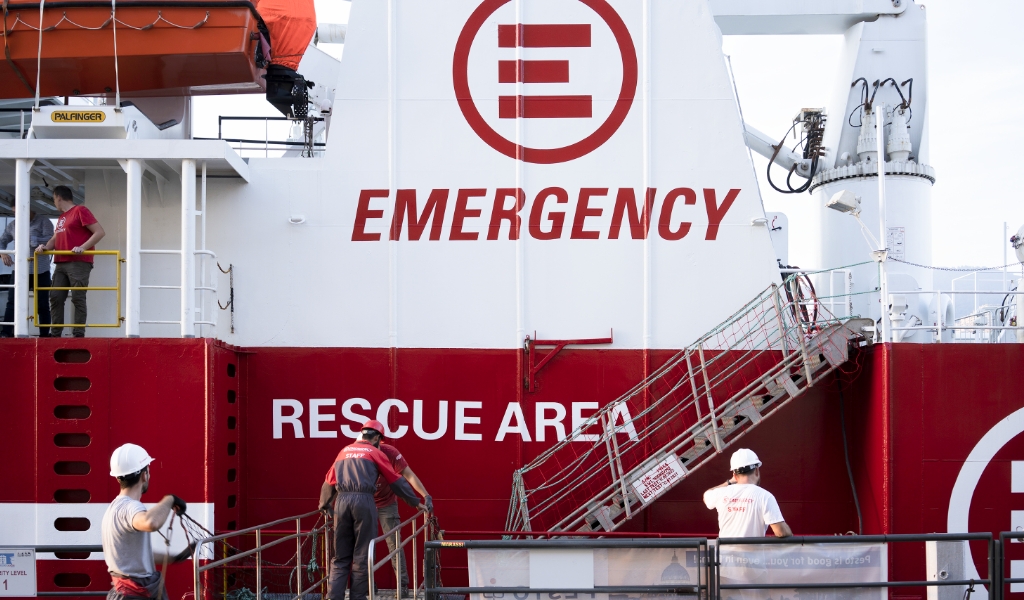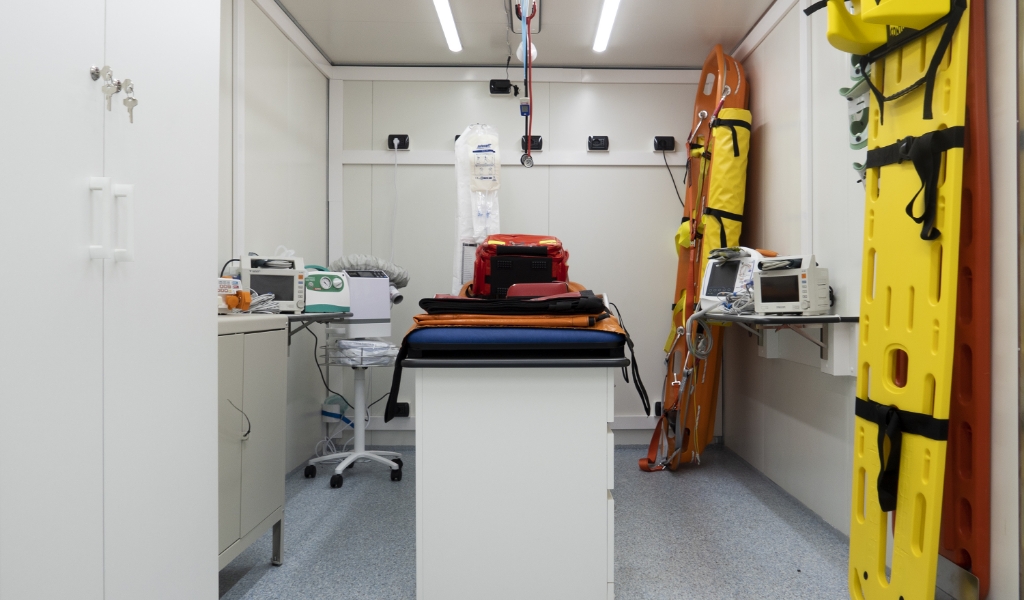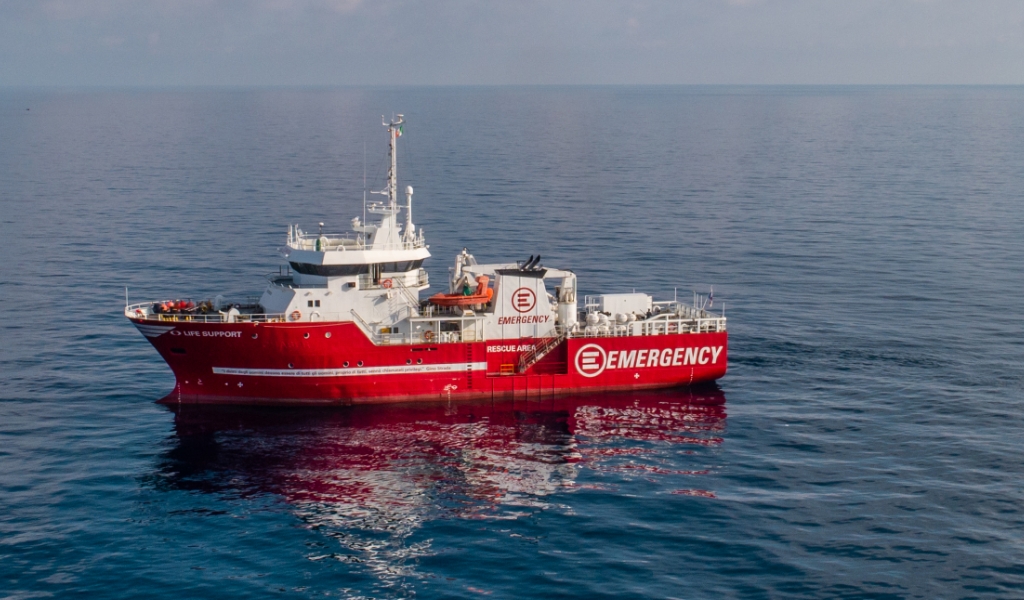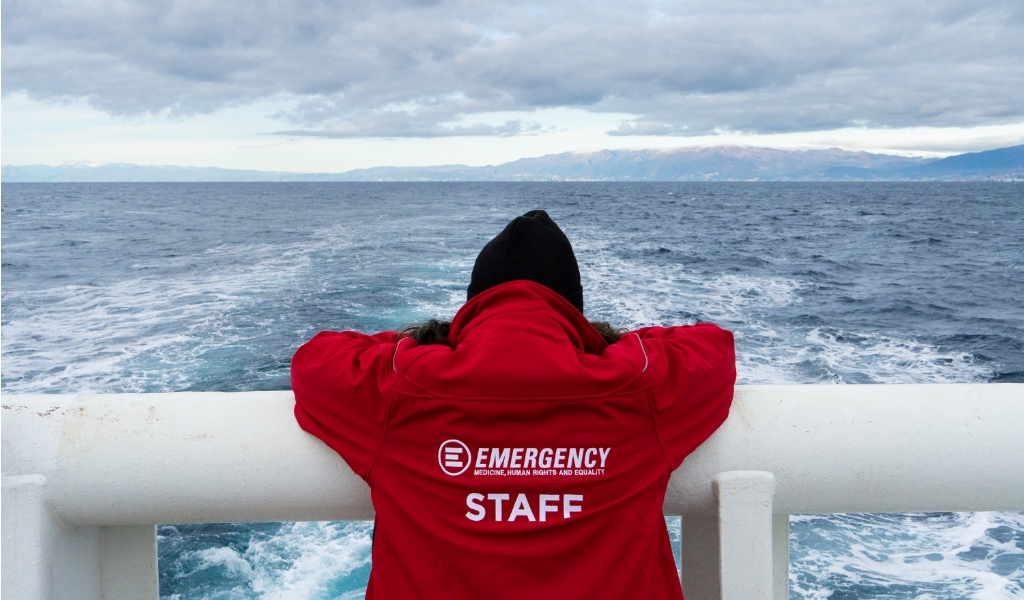Mediterranean Sea
Life Support: Search and Rescue in the Mediterranean Sea
Saving Lives in the Mediterranean Sea
Background
EMERGENCY’s search and rescue vessel, Life Support, began conducting missions in December 2022, sailing in the Central Mediterranean, the world’s most dangerous migration route. According to the International Organization for Migration (IOM), over 20,000 people have died or disappeared there since 2014, with more than 90 per cent of deaths due to drowning. 1,385 people died or disappeared along the route in 2022 alone.
It has become a no-man’s-land, where neither the European Union nor a single national government will adequately coordinate search and rescue activities to ensure the safety of the people caught adrift and in need of help. And, as reported by Amnesty International, the EU supports Libyan coastguard efforts to intercept and forcibly return thousands of people attempting the crossing; upon returning to Libya, they face human rights abuses such as torture, forced labour and sexual violence.

In response, EMERGENCY is one of a number of independent organisations saving lives in the Central Mediterranean sea, forming a civil fleet of rescue ships.
Life Support can hold up to 175 rescued passengers, in addition to its crew. The 28-person team includes a mission coordinator, two nurses, a doctor, two cultural mediators, and two rescuers.
Life Support: EMERGENCY’s Own Ship
Life Support is a Supply Vessel, a special service vessel whose features have allowed us great flexibility in reallocating space and outfitting the ship for search and rescue activities. It is classed as a ship for Salvage and Rescue.
The rescued people are welcomed as passengers on the covered main deck, which we have refitted from scratch and installed a clinic, toilets, beds and benches.
The main deck leads out onto the boat deck, an open space of around 970 square feet with benches and shaded by canvas, where people first come on board after they are rescued.
This is an important area for our medical staff, where they assess each person’s state of health with the same triage methods used in our hospitals.
Depending on the outcome of the triage, rescued people are given a code allocating them either to the clinic, the main deck, the boat deck, the observation ward, the open reception area or the nearby seating areas. Everyone’s health and well-being is monitored whilst they are onboard Life Support.
Testimonies from On Board
“Today I am happy because I am alive, but it was not easy. I left my family behind in Cameroon. Not being able to see my mother, my father, my siblings – you lose a piece of your heart when you love your family so much and you have to leave.”
“I spent three days in the sea, without drinking or eating, without being able to use a bath, in the hot sun and in the cold at night. When you rescued us, I had petrol all over my body. I could not walk, could not stand. They had to carry me.”
“The father of my son is now in Libya. We told ourselves that our son should study and not live in a country where people are killed in the streets, but we did not have the money to pay for three people to take the trip. My love sacrificed himself. Now I am afraid we will never see each other again.”
“I am an orphan. I left my country because it was at war. I was imprisoned [in Libya]. They wanted me to pay more money for the sea journey: they would undress me, hang me on a hook and torture me. I had no one in the world to ask for money and help.”
“[In Tunisia] we heard gunshots everywhere. Often people I knew would disappear, then I would learn that they had been caught by the police and tortured in prison. I was afraid that it could happen to me and my baby. I thought about it for a long time. The sea terrified me. I hoped that here I would find the security I have never felt in my life.”
“One evening, on my way home, I was stopped by a group of about 15 people. They broke glass bottles and hit me on the back. I decided to send my wife away immediately with our Miriam, they are now in Genoa. I can’t wait to hold them in my arms again.”
Our Search and Rescue Experience
EMERGENCY first began supporting search and rescue activities in the Central Mediterranean in 2016, when we provided medical aid, cultural mediation and post-rescue assistance onboard Topaz Responder, belonging to the charity Migrant Offshore Aid Station (MOAS).
Between summer 2019 and spring 2022, doctors, nurses and cultural mediators from EMERGENCY joined Spanish charity Proactiva Open Arms onboard its eponymous ship to provide medical aid.
Our colleagues took part in 12 missions and supported the rescue of more than 2,000 people.
A mediator and a psychologist from EMERGENCY took part in Mission 65 in August 2019, helping handle a situation in which 107 migrants were kept on board when the ship was denied a safe port by the then Italian Minister of the Interior.
During our first mission on Life Support in December 2022, we conducted two consecutive night-time rescues, saving 142 people.
View this post on Instagram
This project is supported with funds from ACRI
